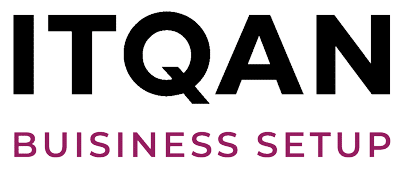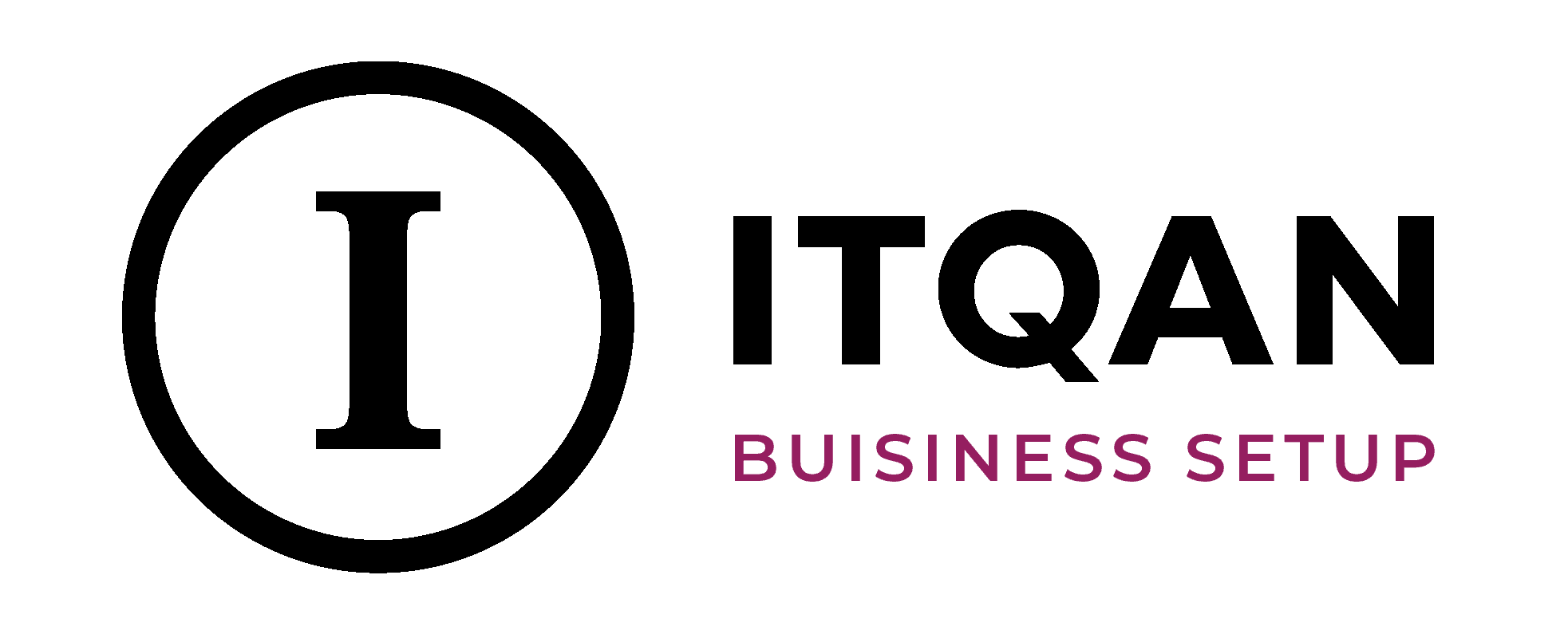Opening a bank account in the United Arab Emirates (UAE) is a critical step for both citizens and non-residents seeking financial security and opportunity in this growing Gulf nation. The UAE has become a global financial powerhouse due to its strong economy, strategic location, and tax-friendly legislation. In this article, we will walk you through the necessary processes and considerations for opening a bank account in the UAE.
Banks in the United Arab Emirates (UAE)
The UAE provides a wide range of banking services to meet a wide range of financial needs and preferences.
Local Banks
Local banks, such as Emirates NBD, First Abu Dhabi Bank (FAB), and Dubai Islamic Bank, are deeply anchored in the UAE and offer a wide range of services. They are a popular choice for both residents and companies.
International Financial Institutions
International banks such as HSBC, Standard Chartered, and Citibank have a strong presence in the UAE. They provide global financial services to expatriates and international businesses.
Islamic banks
For consumers looking for Sharia-compliant financial services, Islamic banks such as Dubai Islamic Bank, Abu Dhabi Islamic Bank, and Emirates Islamic Bank offer a variety of products based on Islamic principles.
Account Types
When creating a bank account in the UAE, it’s critical to select the correct sort of account that corresponds with your financial goals.
Current Accounts
These are excellent for everyday transactions and transfers. They also come with checkbooks, which you’ll need to write post-dated rent checks to your landlord. Banks in the UAE usually offer two types of current accounts: with and without salary transfers. If you work, it makes sense to create an account with your company’s bankers. This ensures that you receive your salary as soon as it is transferred. Transfers via another bank may take a day or two longer.
Accounts for Savings
If you want your money to work for you, consider opening a savings account. These often offer higher interest rates than current accounts, but may have limited access to cash and impose withdrawal penalties. Savings accounts can have a fixed or variable interest rate. You can have them denominated in dirhams, US dollars, euros, or pounds sterling. Savings accounts function similarly to salary accounts, except they usually include the convenience of a checkbook.
Investing accounts
Banks in the UAE provide investment services as well. When you sign an investment agreement with the bank, you can open an investment account. Contracts of this type might range from 12 months to five, ten, or more years. Such contracts cover the management of your funds with a minimum guaranteed return of 3 to 7% or more every year. Minimum investment balances, on the other hand, vary by bank.
Offshore Accounts
As an expat sanctuary, offshore banks from all over the world operate offices in the UAE, particularly in Dubai. Anyone with a valid residency visa in the UAE can create an offshore bank account to import and export funds. Offshore banking is often seen as solid, dependable, and secure, and many offshore accounts come with particular financial and legal advantages, such as lower tax rates.
Step 1: Choose a Bank
Before you begin, conduct research and select a bank that meets your financial demands. The UAE features a number of local and foreign banks, each with its own set of services and account types.
Step 2: Gather the Required Documents
To open a bank account in the UAE, you will need to furnish the required papers. The following are the necessary documents:
- A valid passport is the primary form of identification necessary for account opening.
- If you are a UAE resident, you must provide your Emirates ID as proof of residency.
- Non-residents will normally require a copy of their UAE visa.
- Proof of Address: Provide a current utility bill or tenancy contract in your name to establish your address in the UAE.
- Non-residents may be required to present a copy of their work contract or a letter from their employer.
Step 3: Visit the bank
With your paperwork in hand, contact your preferred bank to set up an appointment. This ensures that you have devoted time to a banker who can walk you through the procedure. Some banks accept walk-in customers, but it is often more expedient to schedule an appointment in advance.
Step 4: Complete the Application Form
When you arrive at the bank, you’ll be given an account opening application form. This form requires vital personal information such as your full name, contact information, and other pertinent information. Pay great attention to the correctness of the information you offer.
Step 5: Document Verification
Hand over your completed application form and all relevant documents to the bank’s representative. They will examine your documents to verify your identification and ensure they satisfy their requirements. The bank may also make copies of your documents for their records.
Step 6: Make Your First Deposit
Most banks in the UAE require an initial deposit to activate your account. The minimum deposit amount varies by bank and account type. Make sure you have the cash to make this deposit.
Step 7: Select Your Account Type
Choose the type of account that best meets your financial objectives. Here’s a synopsis:
Individuals wishing to save money and earn interest on their contributions should open a savings account.
Current Account: Designed for common banking needs such as cost management and transaction processing.
Fixed Deposit Account: If you want to receive a greater interest rate on your money over a certain length of time, this is an excellent option.
Business/Corporate Account: Designed for companies and businesses operating in the UAE.
Step 8: Sign the Agreement
Before your account is officially opened, you will be sent the account agreement’s terms and conditions. Take your time reading and comprehending this document. It contains vital information on fees, transaction limits, and other features of your account. Once you’re happy, sign the agreement to complete the account opening procedure.
Step 9: Account Details
After successfully opening your bank account, the bank will provide you with your account details. This typically includes an account number, your personalized debit or credit card, and relevant banking information.
Step 10: Activate Your Account
To start using your account, you may need to activate it by making the initial deposit. This can often be done at the bank’s branch, through online banking, or at an ATM. Once your account is activated, you can begin managing your finances, making deposits, and conducting various financial transactions.
Baking services in UAE
Wealth Management:
The UAE provides sophisticated wealth management services, allowing high-net-worth individuals and families to grow and safeguard their assets. This covers investment consulting, portfolio management, and estate planning.
Digital Banking:
UAE banks have embraced digital transformation, offering a variety of online and mobile banking services. Customers may easily access their accounts, make payments, and manage their finances using digital platforms.
International Banking:
Due to its strategic location and international attitude, the UAE is a center for international banking services. Banks provide multi-currency accounts, offshore banking, and cross-border financial services.
Credit and Debit Cards:
UAE banks offer a choice of credit and debit card alternatives with incentives such as rewards, cashback, and discounts on shopping and eating.
Foreign Exchange Services:
Foreign exchange is a critical component of UAE banking, supporting worldwide trade and investment. Banks provide competitive exchange rates as well as currency conversion services.
Financial Services:
The UAE provides access to a wide range of financial products, including equities, bonds, mutual funds, and real estate investment options.
Managing Your Bank Account in the UAE
Banks in the UAE serve consumers in a variety of ways. You have the option of
managing your money and finances through Emirati banks, either in person or remotely.
Face-to-face:
While internet and mobile banking are now the standard, customers may still need to visit a branch for specific operations. While banks are gradually transitioning to branchless banking, numerous financial institutions in the UAE operate service counters in important malls and other locations across the country to better contact their consumers. Appointments are rarely necessary.
Online banking
Online banking allows you to access your account at any time of day or night. Digital banking is a crucial element for most modern banks in the UAE. Most services and products, including loans, are also available online, and several banks even have live online chat capabilities to deal with problems.
Mobile banking:
Smartphone or mobile banking has taken off in the UAE. Many of its tech-savvy people now prefer to manage their affairs using smartphone devices. Mobile-only banks provide all of their services through an app; they do not have physical branches at all. You may manage your funds, access services, and make a variety of payments with the touch of a screen.
FAQS
Can non-residents open a bank account in the UAE?
Non-residents can open a bank account in the UAE; however, some conditions and verification may apply. It’s a good idea to ask your preferred bank about their policies for non-resident account holders.
What is the minimal initial deposit for a UAE bank account?
The minimum initial deposit varies depending on the bank and the type of account you select. It can range from AED 3,000 to AED 10,000 or more. Inquire with your chosen bank about the precise requirements.
Are there any restrictions on currency exchange in UAE bank accounts?
UAE banks often provide multi-currency accounts, allowing you to hold multiple currencies without substantial restrictions. This adaptability is especially useful for international businesses and travelers.
Is Islamic banking common in the UAE?
Yes, Islamic banking is very popular in the UAE, with several institutions offering Sharia-compliant financial products. These solutions correspond to Islamic values and are aimed at individuals and businesses looking for ethical and interest-free banking options.
Do I require a UAE residency visa to open a bank account?
While non-residents can create bank accounts in the UAE, possessing a UAE residence visa can streamline the procedure and expand your banking alternatives. Different banks may have different restrictions; therefore, it is best to verify with your preferred bank about visa needs.
Conclusion
Opening a bank account in the UAE is an important step toward financial stability and progress, whether you are a resident or a non-resident. With a diverse banking environment offering services adapted to various needs, the UAE’s banks make the procedure simple and efficient. Simply prepare your papers, select the appropriate bank, and begin your journey to financial success in this growing nation.







